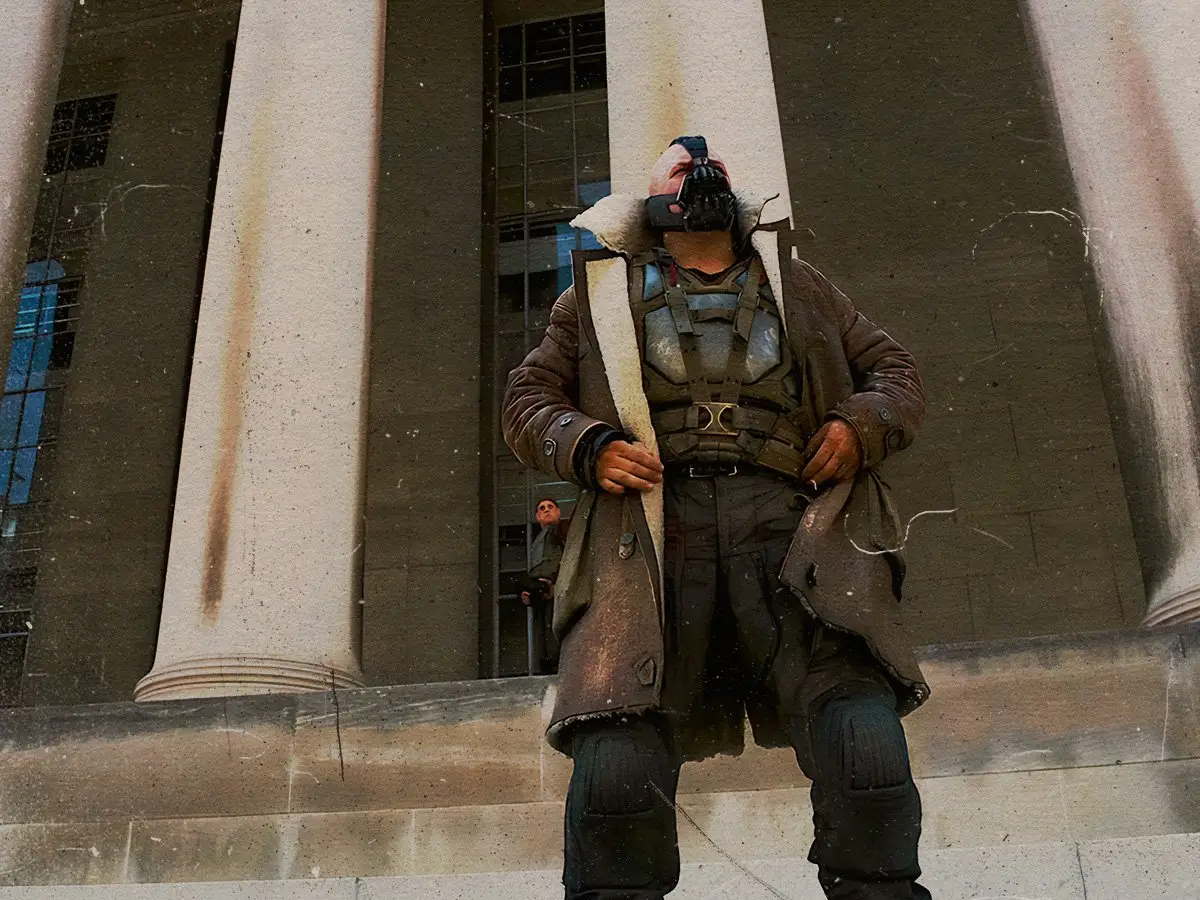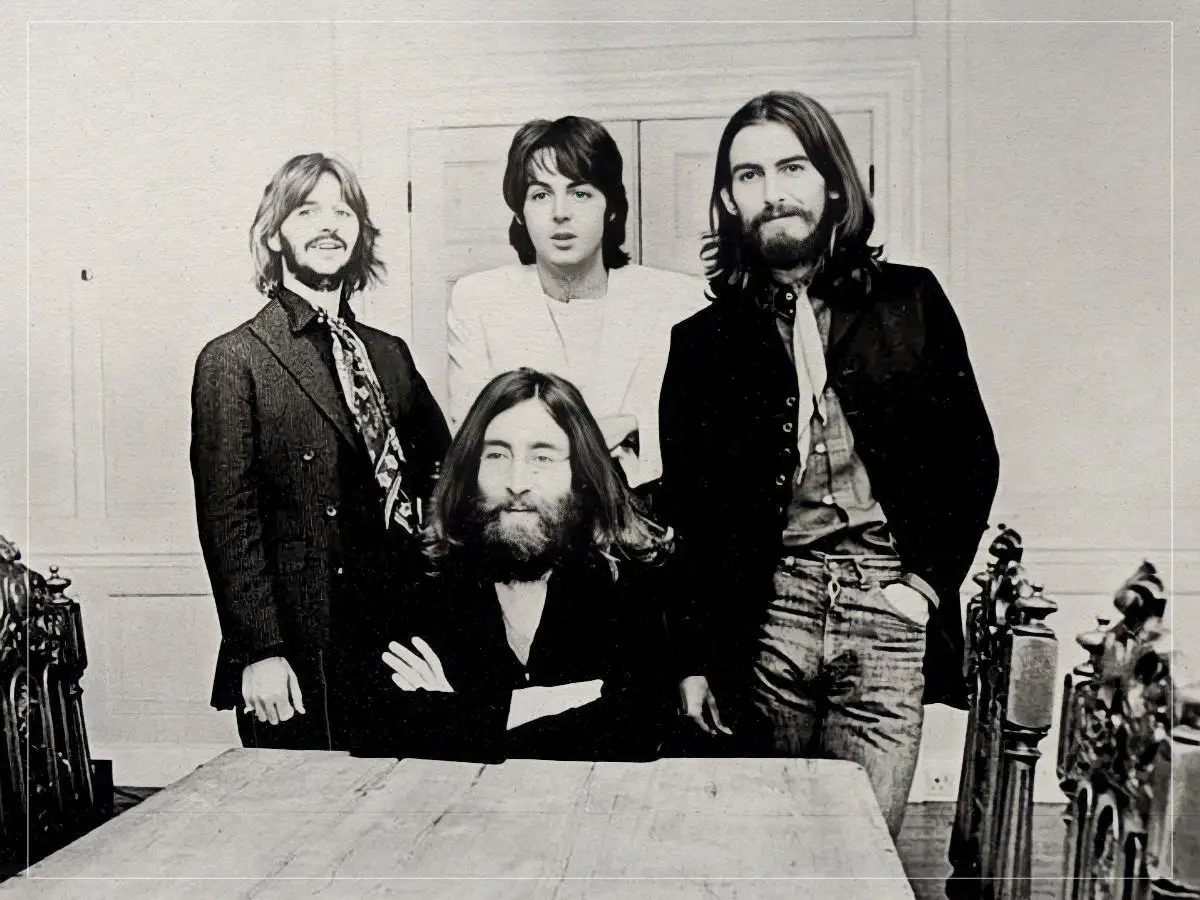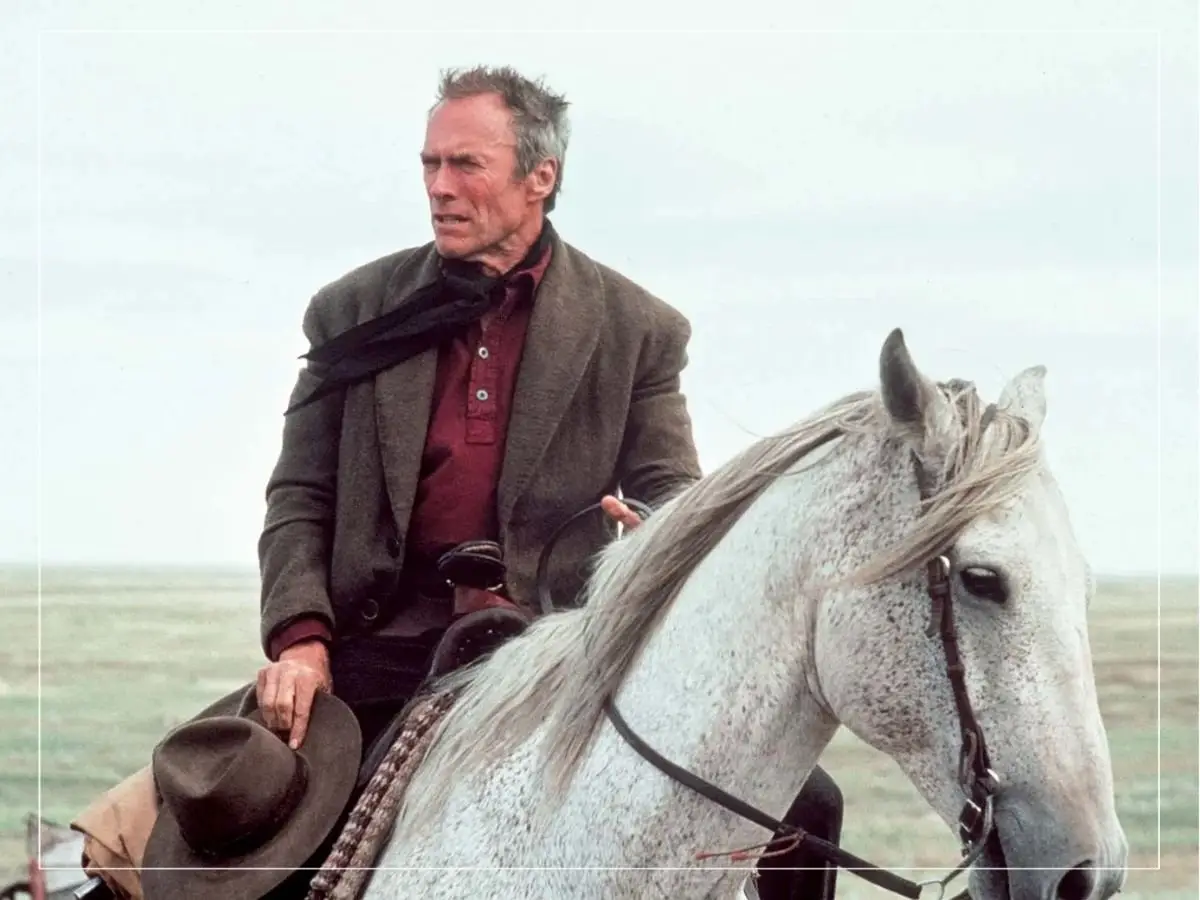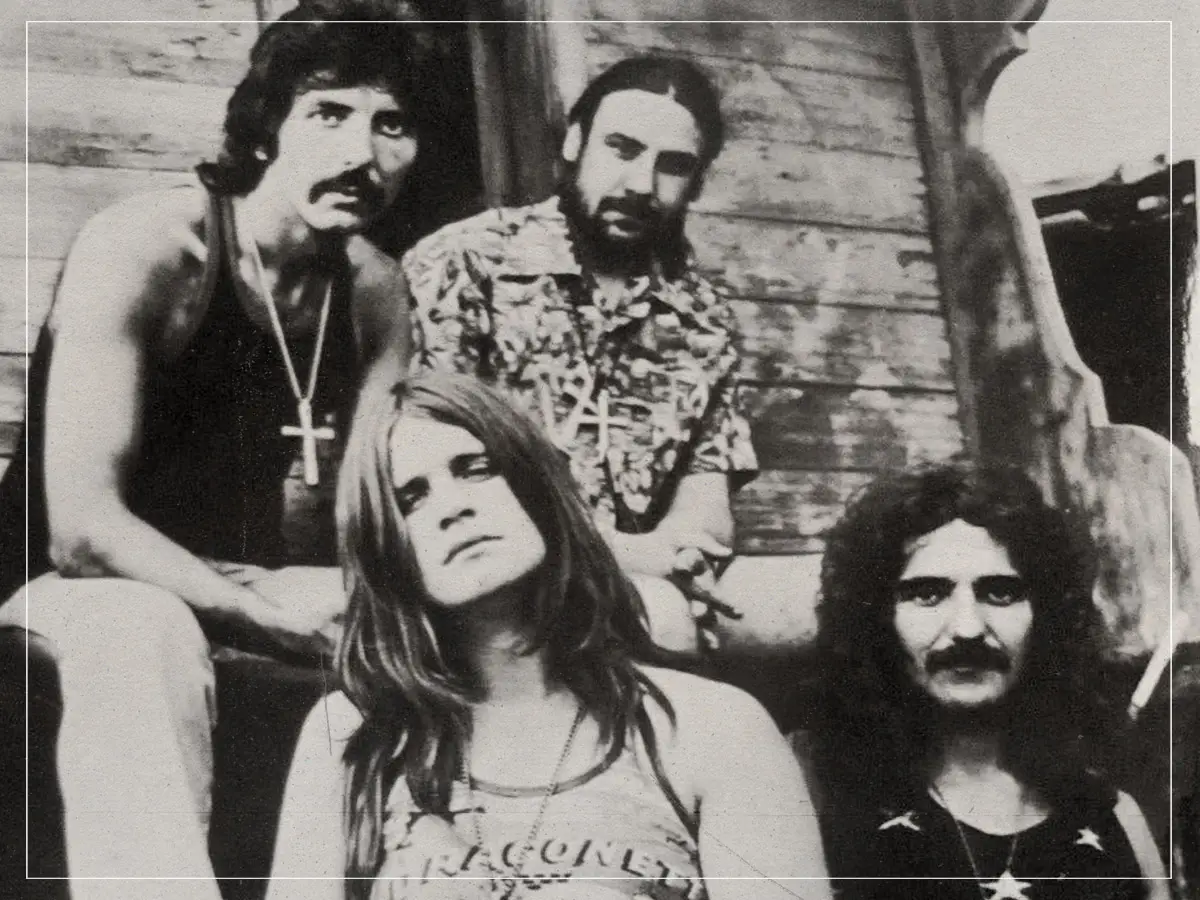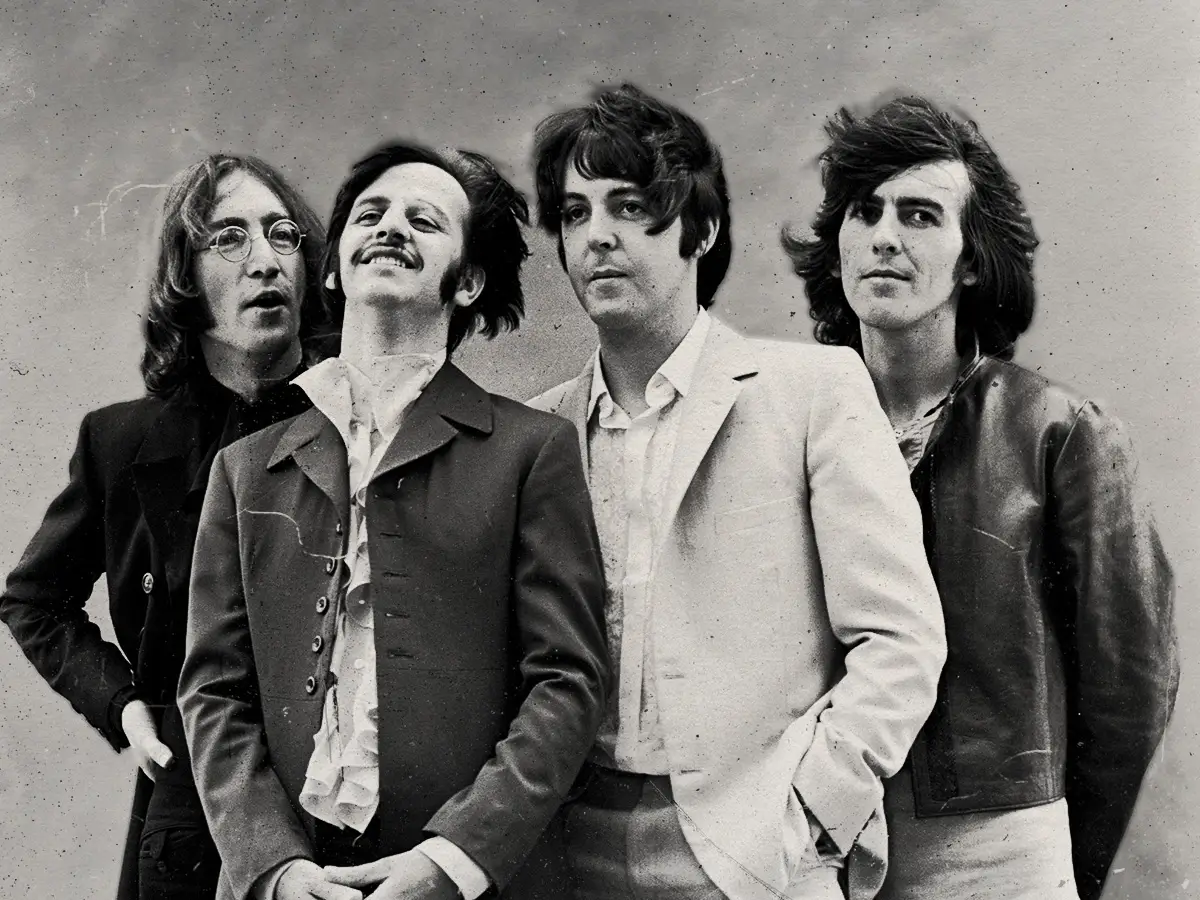O desenvolvimento das histórias da classe trabalhadora no cinema britânico
We’re currently living in uncertain times, with the gap between the rich and the poor getting even wider\. The British government’s lack of concern for citizens is sadly nothing new, and for decades, filmmakers have been highlighting the inequalities facing working-class people\. However, these depictions have evolved over the years, forming a vital part of the British film industry\.
O primeiro cinema britânico não se concentrou muito nas classes mais baixas, embora Carol Reed, diretora de O terceiro homem Faz filmes menos conhecidos como a década de 1940 As estrelas parecem , featuring a social realist style\. This predated the establishment of the genre, which would arrive several years later\. The Free Cinema movement then came in the 1950s, when filmmakers like Lindsay Anderson and Karel Reisz made documentaries centred around working-class issues\. These figures, alongside other directors like Tony Richardson and John Schlesinger, began to make narrative features during the late 1950s and 1960s, which would become hugely important\.
mary james marsden
Filme Quando Ele olha de volta no sábado à noite e domingo de manhã com raiva, uma espécie de amor, esta vida esportiva, y Bronco Bullfrog all explored working-class characters\. The issues the characters dealt with often resulted from Sua falta de renda e trabalho estáveis, a monotonia do trabalho ou suas condições de vida se estendiam. Os jovens raivosos se tornaram um selo inconfundível desse tipo, com muitos personagens masculinos mostrando um desejo desesperado de escapar de sua vida chata.
No entanto, muitos desses filmes foram orientados para os homens Georgy Girl y Com fome are perhaps the best examples of kitchen sink dramas centred around working-class women\. In the latter, homosexuality, pregnancy, and interracial relationships are explored, too, which was rather revolutionary in 1961\.
No final da década de 1960, Ken Loach chegou OMS , a prime example of an emotionally charged and nihilistic kitchen sink drama\. He has become a staple of British cinema, making movies about working-class men and women ever since\. The same goes for Mike Leigh, a pioneer of social realism who began making Jogue por hoje Episódios nos anos 70 antes de criar propriedades inovadoras nas próximas décadas, como: Pendente , Nu, segredos e mentiras ,, y A vida é boa. His work often takes us behind the curtains of working-class family households, where humour is interwoven with poignant explorations of poverty, relationships, and race\.
No entanto, quando voltamos nos anos 70, houve dramas independentes como Omblaggi Isso mostra uma visão sombria do final da década de 1960 e da Trilogia da Idade do Bill Douglas, Minha infância, meu povo , E Para minha casa Isso representou a formação que foi influenciada pela pobreza do diretor. Mais tarde na década, escória caused controversy for its depiction of rowdy male youths living in a borstal desperately in need of reform\. Many films from this period highlighted the need for escape and the unhappiness facing many working-class young people\. Sadly, Margaret Thatcher began her tyrannical reign over Britain in the late ‘70s, making things worse\.
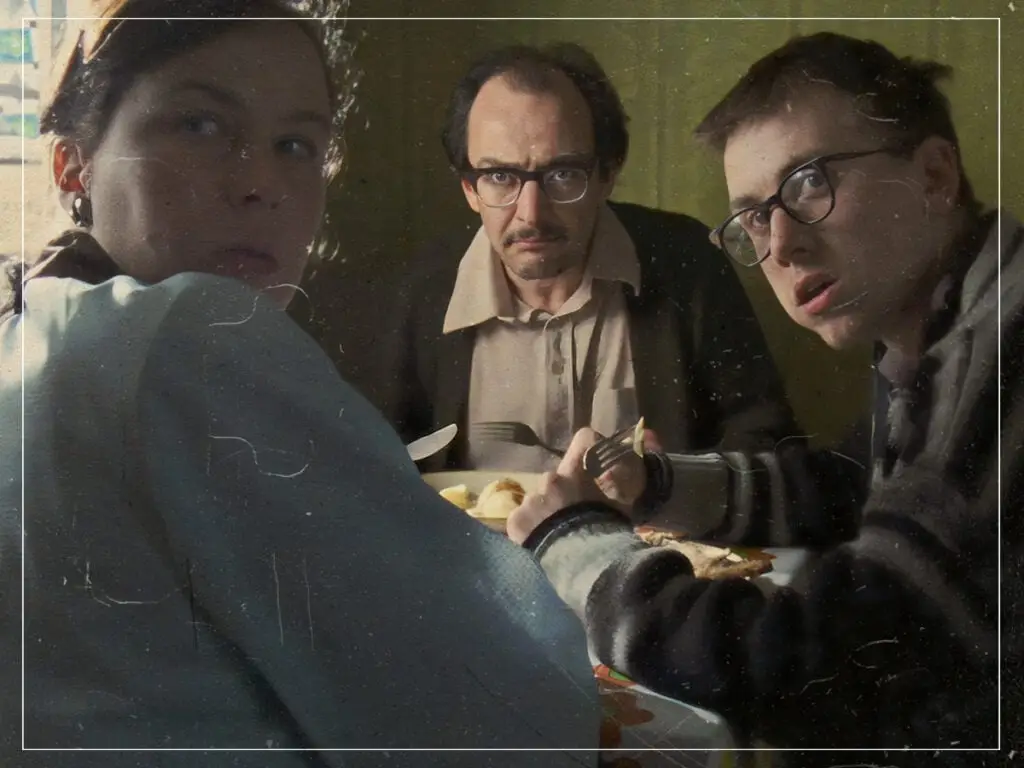
Pendente (Credits: Far Out / BFI)
Enquanto isso, muitos filmes foram feitos que expressaram a decepção que as pessoas sentem dos conservadores. No entanto, também havia muito mais variedade no cinema britânico Babilônia , a tale of working-class Black British men, hitting screens in 1980\. Luckily, the establishment of Channel Four Films in 1982 helped to fund more British movies, which in turn welcomed some fresh and innovative pieces of cinema that reflected the scope of Britain\. With movies like O livro é Brejnev , Rita, Sue e Bob também , Minha linda roupa , E O último na Inglaterra, O cinema britânico começou a refletir mais de perto.
honey hollman
These films explored a range of topics that showed the progressiveness of British cinema at the time, from class and race to sexuality and gender\. The 1990s saw more funding come through, however, allowing British cinema to make more of an impact globally\. Trens de pannocchia y Tráfego humano Ele usou drogas causadas por drogas que pareciam refletir a necessidade de pensar com más perspectivas, para garantir um bom emprego e ser capaz de prosperar em uma economia destruída. As réplicas da cena de Thatcher podem ser avisadas em muitos desses filmes como eles O macaco completo y Bater.
The late 1990s and the early 2000s saw the emergence of more female directors ready to depict working-class stories on screen\. Carine Adler’s Sob a pele É um ótimo filme sobre relacionamentos familiares e feminilidade, enquanto Lynne Ramsay Hunter de ratos Oferece uma história delicada de infância e pobreza. Seu filme de 2002 Morvern apenas a aba É também um relógio essencial dessa época com Samantha Morton (também a estrela de Sob a pele ) Dê um desempenho forte. Andrea Arnold ganhou um Oscar com seu terceiro curta -metragem. Vespa Em 2003, ele representou uma mãe solteira com dificuldades que tentaram conciliar com uma vida romântica com seu papel como pai.
britanya razavi
Arnold continuou a fazer filmes como como Vermelho vermelho y Poisson , two spectacular movies about working-class women\. As a result, she cemented herself as one of the most important social realists of her time\. Meanwhile, the early 2000s also Shane Meadows rise to prominence with movies like É a Inglaterra y Sapatos de morte masculinos, E o primeiro é particularmente popular por sua combinação de humor britânico e tragédia por excelência.
These days, it seems that more female directors than ever before are making incredible depictions of the working class, particularly working-class women, with movies like Charlotte Regan’s Molestar , Luna Carmoon Acumular , Molly Manning Walker Como fazer sexo , E Charlotte Wells’ Mostrar Tudo funciona bem.
It is vital that we continue to see realistic working-class stories in the mainstream because cinema can’t simply ignore the very real issues facing thousands of Britons\. Seeing people that we can relate to on screen is validating and comforting, while these stories also highlight the need for change and reform\.



